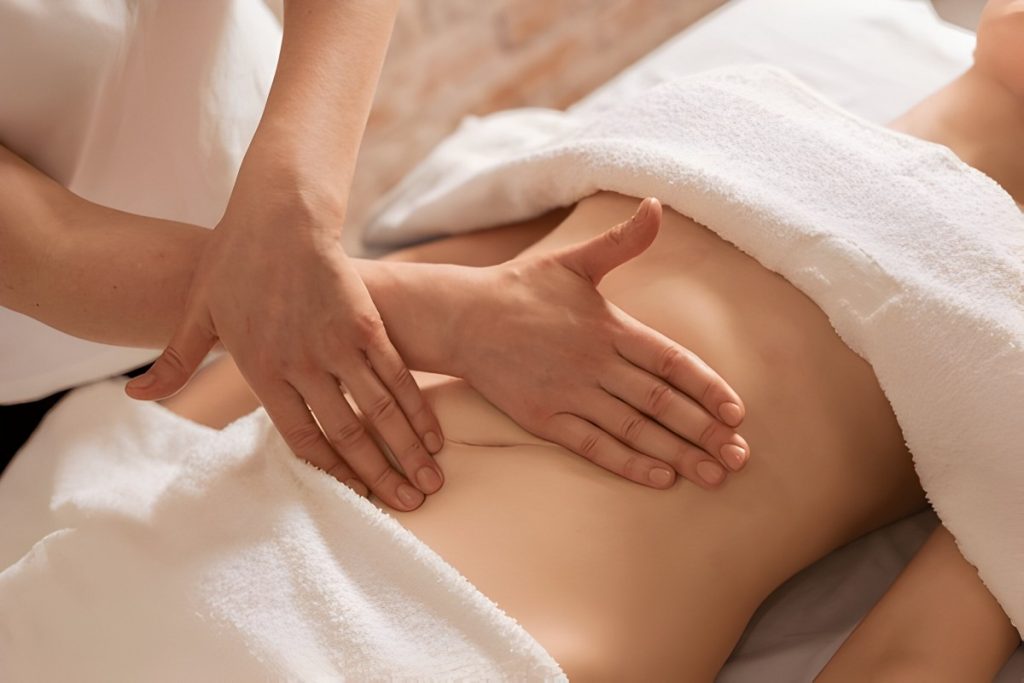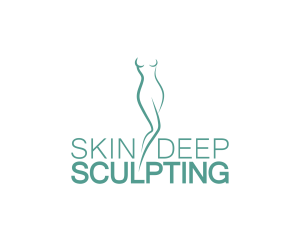
Recovering from surgery can be a tough road, but there’s a simple yet effective way to make the journey a little smoother—post-op massage. This specialized form of therapy isn’t just about pampering yourself; it’s about aiding your body’s healing process in ways you might not expect. In this blog, we’ll dive into why post-op massage is so beneficial and introduce you to some top doctors who can guide you through this essential aspect of recovery.
Understanding Post-Op Massage
Post-op massage is designed specifically for those who have recently undergone surgery. Unlike your typical spa massage, this is a more focused and therapeutic approach aimed at helping your body bounce back faster. The techniques used can help reduce swelling, manage pain, and even minimize scar tissue, all while promoting better circulation.
The Real Benefits of Post-Op Massage
- Tackling Swelling and Inflammation After surgery, it’s normal to experience some swelling as your body reacts to the trauma. Post-op massage helps activate your lymphatic system, which is key to draining excess fluids and bringing down inflammation. This can make a noticeable difference in how quickly you start to feel better.
- Scar Tissue? No Thanks! One of the more subtle benefits of post-op massage is its ability to work on scar tissue. By gently manipulating the skin and underlying tissues, a skilled therapist can help break down and reorganize collagen fibers, making scars less noticeable and more comfortable.
- Boosting Circulation Good circulation is crucial for healing because it ensures that your surgical site gets plenty of oxygen and nutrients. Post-op massage promotes blood flow to the area, giving your body the boost it needs to repair itself.
- Easing Pain and Discomfort Post-surgery pain can be tough to manage, but post-op massage offers a natural way to ease that discomfort. By relaxing tight muscles and reducing tension, it helps you feel more at ease, which is critical when you’re trying to recover.
- Relax and Recover Let’s be honest—surgery can be stressful, and that stress doesn’t just disappear once the operation is over. Post-op massage can also be a great way to unwind, helping to lower your stress levels and promote a more positive mindset during recovery.
When to Start Post-Op Massage
The timing of your first post-op massage session is crucial. You’ll want to wait until your doctor gives you the all-clear, which could be a few days to a couple of weeks after your surgery. Starting too early could do more harm than good, so it’s important to listen to professional advice.
Meet the Experts
If you’re considering post-op massage, you’ll want to consult with someone who really knows their stuff. Here are some top doctors who are well-versed in post-op care and can help you integrate massage therapy into your recovery:
- Dr. Andrew Lyos
- Dr. Christian Arroyo, MD
- Dr. Christopher J. Cortes
- Dr. Courtney El-Zokm
- Dr. David Stapenhorst, MD
- Dr. Derek Lou
- Dr. Donna Rich
- Dr. Paul F. Fortes
- Dr. Franklin A. Rose
- Dr. German Newall
- Dr. Henry Mentz
- Dr. Joseph Baylan, MD
- Dr. Kristi Hustak
- Dr. Kriti Mohan
- Dr. Mark H. Edelman
- Dr. Mark Schusterman, MD, FACS
- Dr. Martha
- Dr. Melissa A. Crosby, MD, PLLC
- Dr. Michael J. Klebuc, MD
- Dr. Michael Todd Wood, MD
- Dr. Olga Bachilo
- Dr. Pranav Shukla
- Dr. Steven Benjamin Albright, MD
- Dr. Steven L. Gordon
- Dr. Sugene Kim
- Dr. W. Katherine Kao, MD
- Dr. Yoav Kaufman
These professionals are known for their exceptional post-op care and can provide the guidance you need to ensure your recovery goes as smoothly as possible.
Conclusion
Post-op massage isn’t just a luxury—it’s an essential part of your recovery toolkit. Whether you’re looking to reduce swelling, manage pain, or just feel more like yourself again, this specialized therapy can make a world of difference. If you’re considering it, be sure to consult with one of the expert doctors listed above. They’ll help you create a recovery plan that’s tailored to your specific needs, ensuring you’re back on your feet in no time.

